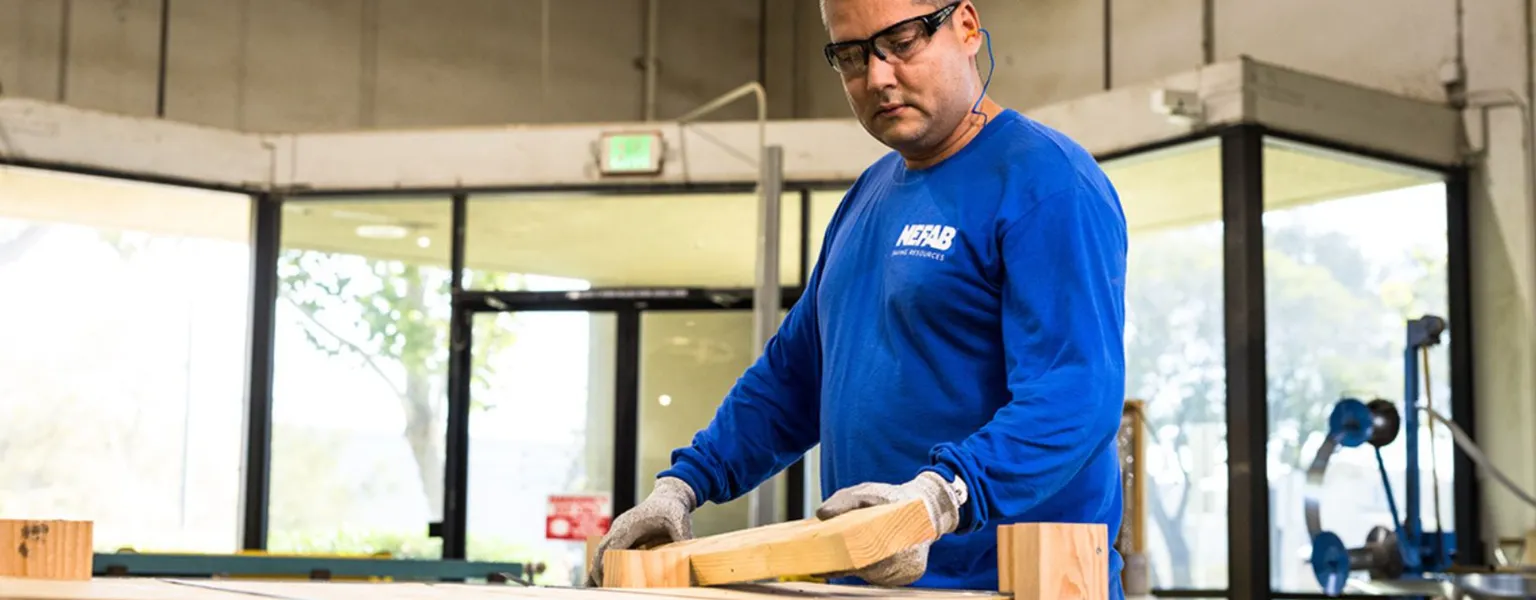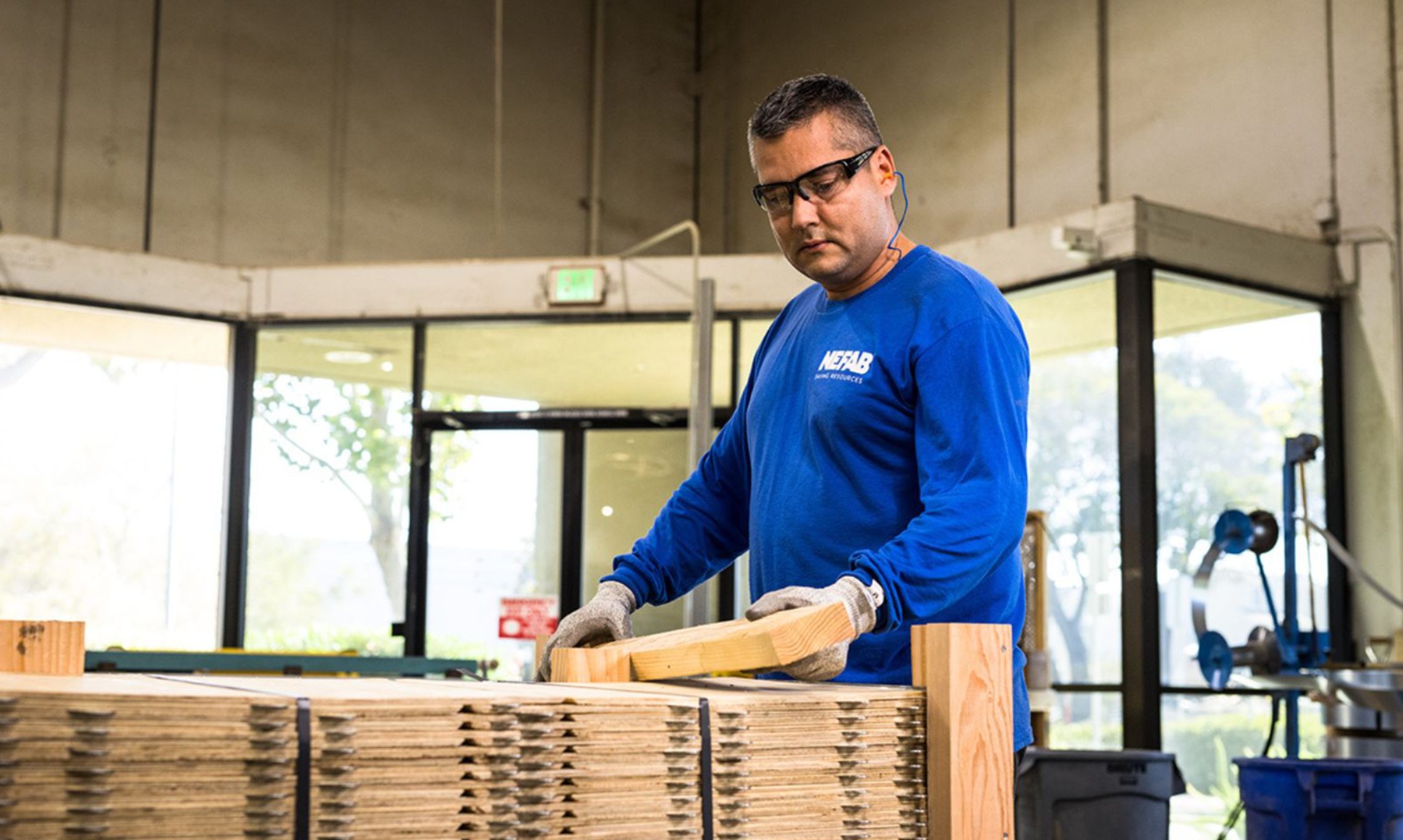Nefab: How plywood packaging solutions can help you save costs and reduce emissions

Supplier News
Millions of products are shipped worldwide every day, and it is expected that by the end of 2022, 170 billion packages will have been delivered globally. Regardless of the business, it is essential to supply products to customers in the most cost-efficient manner while also reducing CO2 emissions responsibly within the supply chain. To achieve this, businesses must adopt a robust yet lightweight packaging solution that optimises logistical flows, addresses the challenges of rising transportation costs and emissions, and enhances in-house efficiencies. Choosing the right packaging material and design can make a significant difference.
Engineered designs save resources
Efficient packaging designs are often overlooked, but they offer significant potential for cost and CO2 savings. It is important to choose packaging that has an ergonomic design and can be unpacked quickly without the use of nails or power tools. This reduces handling time, increases productivity, and improves product and worker safety. Customised collapsible packaging solutions are ideal for specific programs, as they minimise material waste, optimise inbound and outbound transportation costs, and ultimately reduce the CO2 impact throughout the supply chain.
Preparing for the future
The global demand for shipping products will continue to rise, and industry experts predict that the global shipping volume will reach 256 billion packages by 2027. Given ongoing supply chain disruptions and price insecurities, business owners must prepare for the future. Switching to collapsible and stackable plywood packaging can help improve packaging ergonomics, reduce storage space, minimise costs associated with labor and transportation, and lower the CO2 impact. This solution ensures product safety and maximises shipments while reducing the possibility of product or brand damage.

Saving costs and emissions in transporting goods
In the past two years, the unstable economic landscape has resulted in a significant rise in freight costs. Shipping container costs increased seven-fold in the 18 months following March 2020, and when freight rates double, inflation picks up by 0.7%. These peaks can last up to 18 months. Global supply chain disruptions with port closures and congestions, labor shortages, and a lack of shipping containers have contributed to these record high logistical costs. Businesses must seek new ways to safeguard their supply chain while meeting global environmental targets.
Rethinking the packaging can reduce both material and shipping costs. Budget-conscious companies should consider packaging materials that are strong, yet compact and light. Plywood-based solutions are stronger than cardboard and allow safe stacking of heavy goods, optimising shipping space. Plywood boxes are typically 30-40% lighter and 10-15% smaller than wooden crates, without sacrificing strength or durability. When evaluating freight options by air, sea, and road, plywood packaging provides a lightweight and robust solution that helps keep costs and CO2 impact at a minimum and ensures the product arrives safely.
This article was originally published by Nefab.
Related News
-
Supplier News
Nefab acquires PolyFlex to expand its returnable packaging solutions
-
Supplier News
Nefab secures two awards at WorldStar Packaging Contest 2023
-
Supplier News
Nefab and Metso Outotec partner to lower carbon footprint and supply chain costs
-
Supplier News
Nefab launches eco-friendly fibre-based recyclable foam





